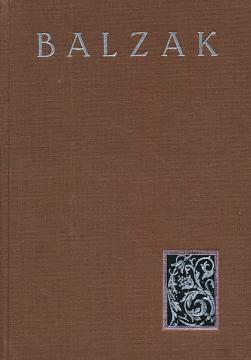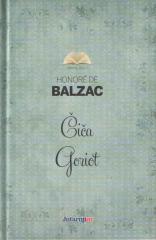
Eugenija Grande
"Eugénie Grandet" (1833), part of Balzac's Human Comedy, is a realistic novel that explores greed, family relationships, and the sacrifices of love in provincial French society.
The story takes place in Saumur, where the old Félix Grande, a stingy and wealthy wine merchant, dominates his family – his wife and daughter Eugénie. His obsession with money and saving shapes the lives of everyone around him.
Eugénie, a young and naive girl, leads a monotonous life under the strict supervision of her father. The arrival of her cousin Charles, a spoiled Parisian young man whose father goes bankrupt and commits suicide, changes everything. Eugénie falls in love with Charles, providing him with emotional and financial support, including his gold, despite her father's opposition. Charles goes to India in search of wealth, promising her fidelity, while Eugénie waits, devoted to her love.
Years later, Félix dies, leaving Eugénie a great fortune. Charles returns, but is revealed to be superficial and unfaithful, choosing a marriage of convenience. Eugénie, heartbroken, agrees to a loveless marriage to the wealthy judge Cruchot, who dies shortly after the wedding. Left a wealthy widow, Eugénie leads a solitary life dedicated to charity.
Balzac masterfully portrays the conflict between materialism and human emotion, criticizing greed and social norms. Eugenie is a tragic heroine whose kindness and sacrifice go unrequited, making the novel a profound study of character and society.
Two copies are available





